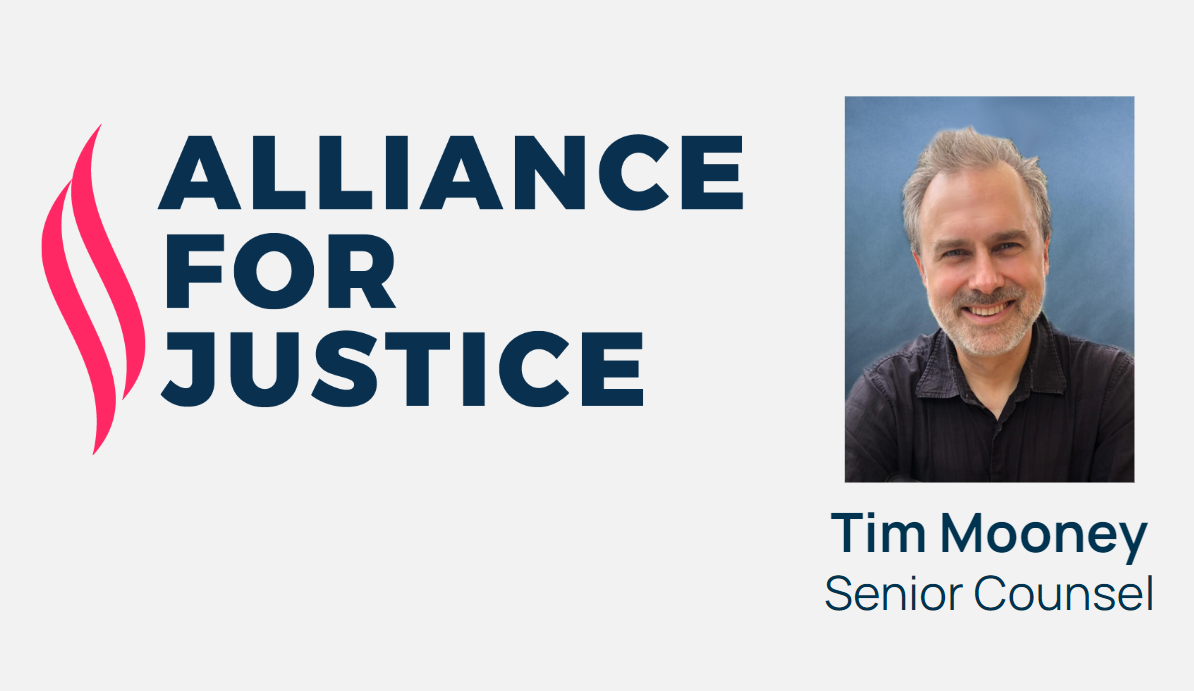Advocacy 101: our December virtual learning opportunity

By understanding the rules and leveraging available resources, nonprofits can confidently engage in meaningful activities that align with their missions. In our December virtual learning opportunity, we were joined by Bolder Advocacy, a program of the Alliance for Justice that empowers nonprofits and foundations to boldly advocate on behalf of their missions.
Bolder Advocacy’s senior counsel Tim Mooney shared with attendees the guidelines for lobbying and advocacy and what sort of activities 501(c)(3) organizations can engage in.
Key takeaways from this session were:
- 501c3 organizations can engage in advocacy and lobbying: Advocacy does not have a legal definition and it can take many forms. Though restricted from partisan political activity, 501c3s may engage in advocacy such as training, litigation, and engaging with stakeholders. Lobbying, or trying to influence legislation, is allowed with certain restrictions.
- Partisan advocacy or lobbying is always disallowed: Under the Internal Revenue Code, all section 501c3 organizations are prohibited from any political activity on behalf of or against any candidate for elective public office. Violating this rule may result in the revocation of tax-exempt status and certain excise taxes.
- Common exceptions to lobbying: Nonpartisan analysis, study, or research; Responding to requests for technical assistance; Self-defense; Examinations and discussions of broad social, economic, and similar problems; Op-Eds that aren’t supporting specific legislation or ballot measures.
- Nonprofits are limited in how much lobbying they can engage in: As part of their tax treatments, the IRS limits how much lobbying a 501c3 can engage in. It tracks the the amount using one of two tests. The first, the “insubstantial part” test, is the “default” test and states that 501c3s must limit lobbying to an insubstantial part of their activities. The second test is the expenditure test, which offers an amount a nonprofit can spend on lobbying based on its annual expenditures.
- Bolder Advocacy recommends opting in to the 501(h) expenditure test: The IRS offers extremely clear guidelines for compliance in the expenditure test and there are less severe penalties for non-compliance. In contrast, the insubstantial part test does not offer specific guidelines (though some experts say up to 3-5% of your activities can be lobbying) and compliance requires some amount of guessing and risk tolerance. Nonprofits may opt into the expenditure using form 5768, which is quick and easy to fill out.
- In addition to federal requirements, your state has policy on the lobbying activities of nonprofits: In order to remain compliant and not compromise your tax benefits, research your local requirements. Bolder Advocacy offers guides for each state on their website.
Additional resources from Bolder Advocacy:
- Public Charities Can Lobby: Guidelines for 501(c)(3) Public Charities
- Practical Guidance – What Nonprofits Need to Know About Lobbying In Your State
- Being a Player: A Guide to the IRS Lobbying Regulations for Advocacy Charities
- Lobbying Under the Insubstantial Part Test
- Communicating with Your Members
- Lobbying Flowchart
- 501(h) Lobbying Limit Calculator
- What is Lobbying Under the 501(h) Election?
If you would like to discuss how your organization can begin advancing your policy agenda through advocacy, please email us at info@statesforthefuture.org to set up a time.
